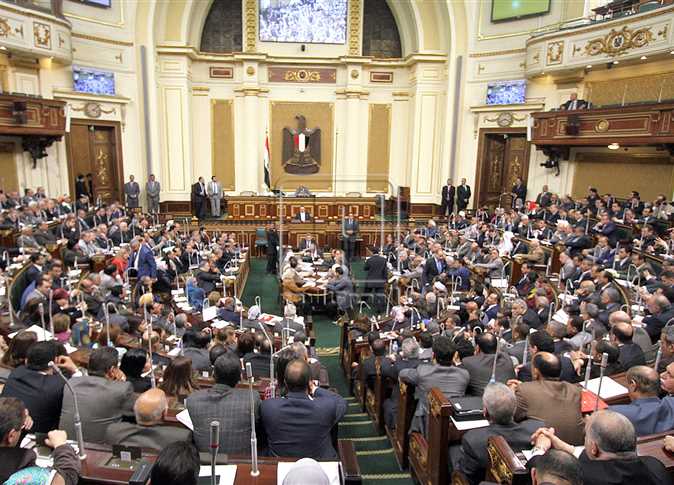
In 2006, the Egyptian Government caused a stir regarding its plans to pay for pensions through official statements touting its inability to ensure long-term financial sustainability and citing financial obligations at the time. Nine years on, the current government is preparing a draft law on insurance and pensions that coincides with statements made by Social Solidarity Minister Ghada Wali, who reiterated the government’s inability to maintain the current financial burden of paying pensions.
According to Wali, the government will not be able to bear paying its share in insurance and pensions which, she said, increased from LE43 billion to a current LE110 billion.
The draft, initially introduced by former Finance Minister Youssef Botrous Ghali in 2010, had abrogated the end-of-service reward (a one month salary for each year served). It also raised the bar for pension eligibility from 36 years in service to 40.
Intense opposition to the draft law back then, which gained motivation during the outbreak of the 2011 uprising, prompted former Finance Minister Hazem al-Beblawy to rescind it altogether. Shortly afterwards, Ghali, along with former Prime Minister Ahmed Nazif, were accused in an insurance funds corruption case.
Only one year after the old law was rescinded, the government of former Prime Minister Ibrahim Mehleb decided to adopt the Civil Service law, a document which pensioners deemed an extension of Botrous Ghali’s scheme.
However, Faeqa al-Refaie, a former deputy governor of the Central Bank of Egypt, points to what she describes as a “misunderstanding” between the government and pensioners. As she explains, pension funds are monthly contributed to by the government and the employee while in service. “Due to the exacerbating budget disorder and the growing number of employees, covering pensions has become a burden for the government, which is required to reduce the subsidies it provides to pensions while raising the portion cut off from the employee’s monthly salary.
Edited translation from Al-Masry Al-Youm




